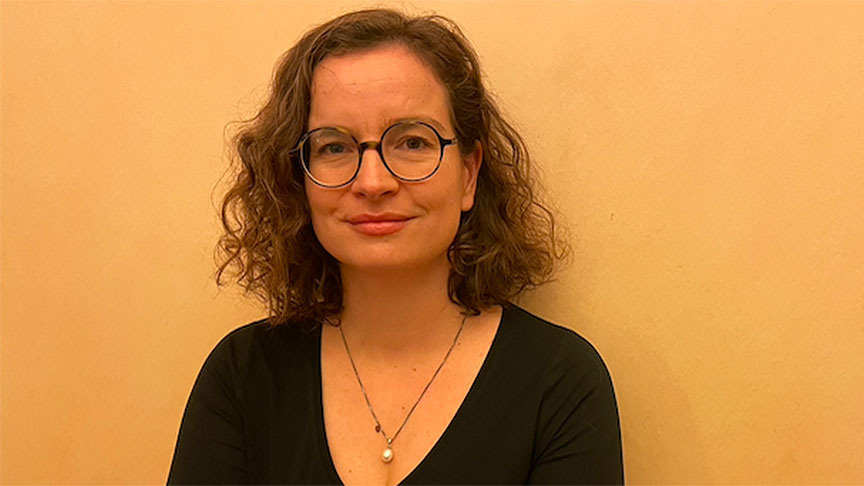Currently, with regard to the war in Ukraine, Dr Franziska Davies, a historian of Eastern Europe, feels strongly reminded of testimonies and documents from research on the Second World War. “Several aspects of this war are comparable with the criminal occupation regime of the German Wehrmacht,” says the research associate at Ludwig-Maximilians-Universität München. They include, for example, the Ukrainian population’s decision to fight. This reminds her of the Warsaw Uprising by the Polish Home Army, which took a stand against the German occupation in 1944. “Like under a prism, Eastern and Central European experiences can be better understood using the example of Poland.” The DAAD alumna is currently working as a visiting researcher at the German Historical Institute in Warsaw as part of her postdoctoral research. In April, in response to the Russian war of aggression, she began a series of weekly online lectures on the history of Ukraine. “Remembrance culture plays a major role for me in university teaching,” she says. “It communicates discoveries about the past and can raise awareness of the challenges of the present.” Davies also considers the communication of research findings to be one of her duties. With her colleague Dr Katja Makhotina she has written a book entitled Offene Wunden Osteuropas (Eastern Europe’s Open Wounds) targeted at a broader readership outside academic circles. “We tell the stories of people who experienced war and occupation. These voices have not been heard for far too long.” —
alumniportal-deutschland.org/en/eastern-europe-expert-franziska-davies

